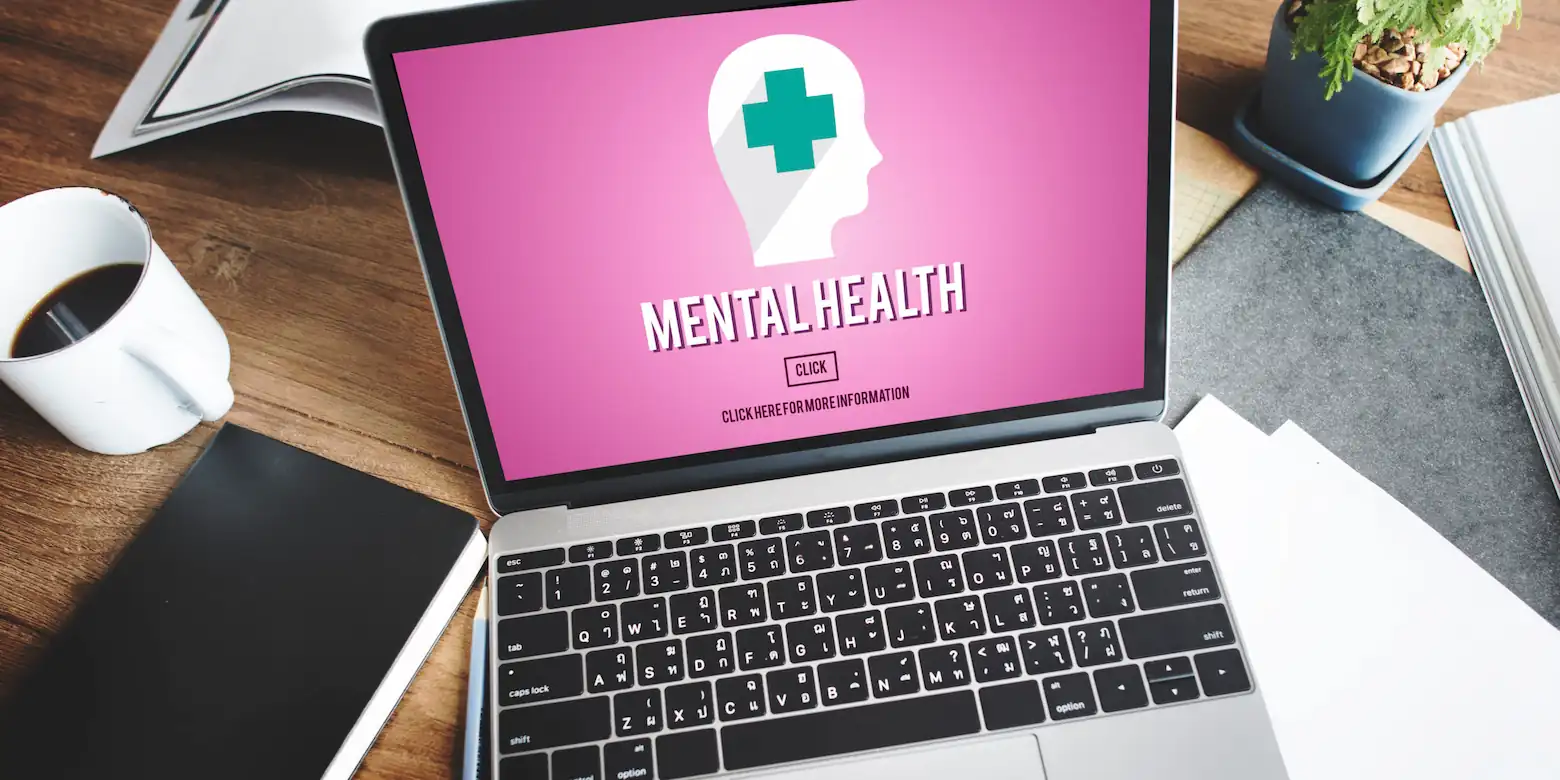

Running a small business is no easy feat. As rewarding as it is to build a business and work for yourself, there are a large number of challenges that arise along the way. These challenges – combined with other life pressures – can take a toll on your mental health.
In an Australian Government survey on small business mental health, 22% of small business owners reported a mental health diagnosis in recent months. This number jumped to between 28% and 31% for small business owners with employees.
In this article, we explore the topic of small business mental health and share resources to support you and your team.
Small business employees can also bear the brunt of the hard economic times, in the form of increased workload and an increasingly high-pressure environment. The mental health effect of this can be profound.
The increase in workload, uncertain financial times and pressure to succeed can lead to staff feeling anxious and unsupported. Research out of the UK found that this wasn’t out of malice by the small business owner. Rather, it’s from limited resources and a tightrope walk that sees small business owners attempting to juggle their business needs with the mental health needs of employees.
There is a link between employee mental health and their performance. Whether you have one employee or 100, there are a number of strategies you can implement to support their mental health. These include:
Your mental health as a small business owner is also something you need to foster. Consider some of the strategies below:
Breaking the stigma around asking for help when it comes to mental health is key for business owners.
Beyond Blue’s NewAccess for Small Business Owners mental health program provides free phone and video support and one-on-one sessions with specialised coaches and former business owners.
If you or anyone you know is feeling overwhelmed or having difficulty coping, please access one or more of the below resources for help:
Small Business Debt Helpline: https://sbdh.org.au/ or call 1800 413 828
Beyond Blue: https://www.beyondblue.org.au/
Lifeline: https://www.lifeline.org.au/
Department of Health: https://www.health.gov.au/health-topics/mental-health-and-suicide-prevention
Heads Up: https://www.headsup.org.au/healthy-workplaces/for-small-businesses
Small Business Commissioner: https://www.smallbusiness.nsw.gov.au/get-help/mental-health/mental-health-small-business
Want to know more about surcharging?
If you’re keen to learn more about how you can save with surcharging, get in touch with the team at Smartpay.
Say Goodbye to EFTPOS Bills or Contact Sales on 1800 574 999


Find out in less than a minute